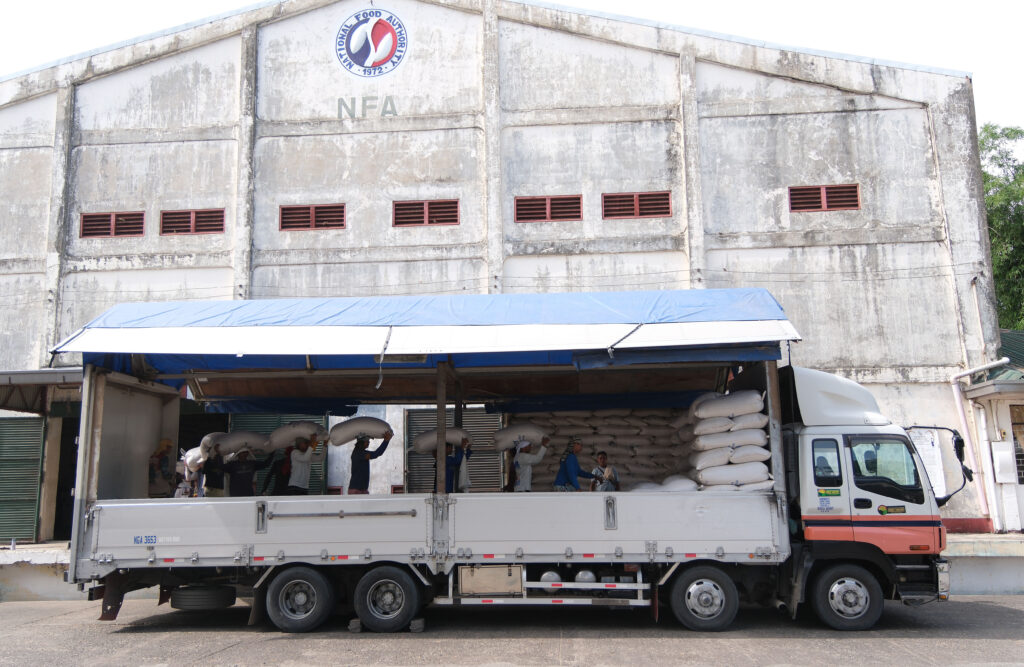
By Dean Aubrey Caratiquet
On the heels of the “Benteng Bigas Meron Na” program, which premiered on May 1, problems regarding the plight of farmers being shortchanged by unscrupulous traders and the volatility of rice prices in the market have resurfaced into mainstream awareness.
The Department of Agriculture (D.A.) is well aware of such problems surrounding the staple grain and has called on the new Congress, which convenes in July, to restore key powers to the National Food Authority (NFA).
In a recent dialogue with rice farmers in Mindoro, Agriculture Secretary Francisco Tiu-Laurel Jr. said that allowing the NFA to sell even its non-aging rice inventory would give the agency greater financial flexibility and free up warehouse space—enabling it to procure more palay from farmers at better prices.
“If the NFA is allowed to sell rice stocks promptly—especially through initiatives like President Marcos’ P20 per kilo rice program—we can reinvest the funds to buy more palay at fairer prices,” Tiu Laurel said.
The Agriculture chief cited the need to reinvigorate NFA as crucial in ensuring the country’s food security, as well as building up buffer stocks to aid in disaster response and price stabilization.
Moreover, with an enhanced legislative authority, higher operational efficiency, and sustained increase in budget, the NFA could eventually buy up to 30 percent of the national harvest—enough to meaningfully influence farmgate prices and deter shady entrepreneurs from taking advantage of laborers in paddy fields.
These efforts are in line with President Ferdinand R. Marcos Jr.’s mandate to keep rice accessible and affordable to the masses, which is reflected in the government’s P20-per-kilo rice program that will run until the end of the Chief Executive’s term in June 2028.
av
